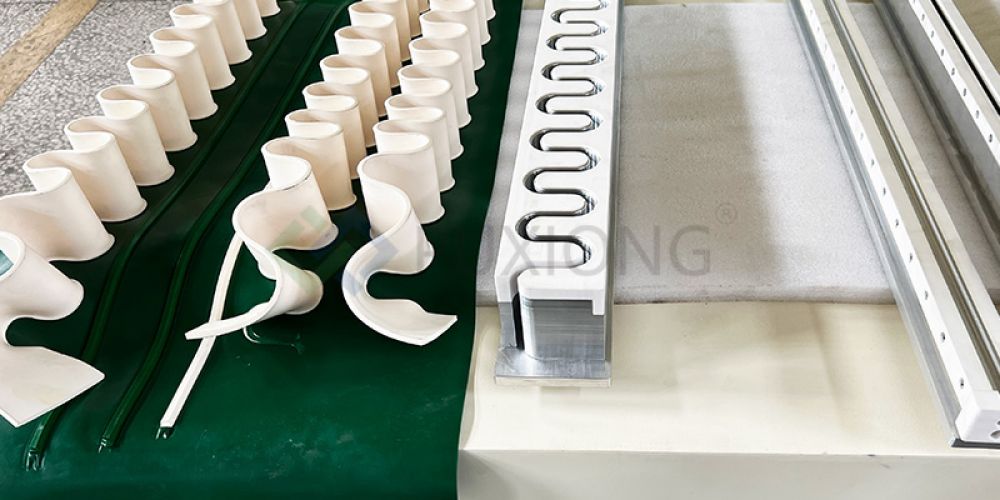
I. Industrial Belts: The "Power Transmission Expert" Across Multiple Scenarios
Industrial belts, leveraging their flexibility and adaptability, are widely utilized in diverse fields:
1. Automotive Manufacturing
In engine assembly and body welding processes, synchronous belts ensure precise component alignment through high-precision transmission, enhancing vehicle quality.
2. Food Processing
Belts made from food-grade materials meet stringent hygiene standards while enabling seamless material flow from raw ingredients to finished products, boosting production efficiency.
3. Mining Machinery
Industrial belts with high-temperature resistance and impact resilience maintain stable ore transportation under harsh operating conditions, ensuring continuous heavy-duty equipment operation.
4. Logistics Warehousing
In automated sorting systems, modular conveyor belts leverage intelligent scheduling to achieve efficient parcel sorting and delivery, reducing labor costs.
II. Technological Innovation: The "Evolutionary Journey" of Industrial Belts
As manufacturing shifts toward intelligent and green transformation, industrial belts continue to break technological boundaries:
1. Material Advancements
New materials like high-strength polyurethane and aramid fibers increase wear resistance by over 50%, extending service life by multiple times.
2. Smart Monitoring
Sensor-embedded belts enable real-time feedback on tension, temperature, and other parameters. Data-driven fault prediction transforms equipment maintenance from "reactive repairs" to "proactive prevention."
3. Eco-friendly Design
The adoption of recyclable materials and low-energy production processes reduces carbon emissions throughout the belt lifecycle, helping enterprises achieve sustainability goals.